In the tapestry of Chilean history, the name Victor Jara stands as a poignant melody, an anthem of hope, resistance, and the enduring spirit of a nation. Born on September 28, 1932, in Lonquén, Chile, Jara emerged as a troubadour whose guitar strummed the chords of social justice and whose voice echoed through the darkest chapters of Chilean politics. This blog unravels the compelling biography of Victor Jara, exploring his early influences, artistic journey, and the tragic legacy he left as a symbol of resilience and resistance.
Early Life and Musical Awakening:
Victor Lidio Jara Martínez was born into a working-class family in the rural town of Lonquén. His childhood was imbued with the melodies of traditional Chilean folk music, laying the foundation for his future role as a musical voice of the people. The guitars strummed in the small town gatherings would later echo in Jara’s own compositions, becoming the heartbeat of his commitment to social justice.
Artistic Formation and Folkloric Exploration:
Jara’s artistic journey unfolded against the backdrop of a politically charged Chile. In the 1950s, he studied theater and dance at the University of Chile, immersing himself in the folkloric traditions that would shape his musical identity. His exposure to the indigenous sounds of Chilean folk music, coupled with his burgeoning interest in leftist politics, set the stage for Jara’s fusion of art and activism.
Nueva Canción Chilena:
Jara found his artistic home within the burgeoning movement of “nueva canción chilena,” a genre that sought to use music as a tool for social commentary and political expression. In the early 1960s, he joined the influential folk group Quilapayún, contributing to the revitalization of Chilean folk music. Jara’s compositions became anthems of resistance, encapsulating the aspirations of a nation striving for social justice.
Theater and Activism:
Beyond music, Victor Jara was drawn to the theatrical stage, using the power of drama to convey poignant narratives of social struggle. His involvement with the theater group “Canción Nueva” (New Song) reflected his commitment to engaging audiences in a multifaceted exploration of the human condition. Jara’s theatrical endeavors were not mere performances; they were acts of resistance that challenged the status quo.
“Te Recuerdo Amanda” and Musical Legacy:
One of Jara’s most iconic compositions is “Te Recuerdo Amanda,” a poignant ballad that captures the human cost of social and political upheaval. The song, with its melancholic melody and evocative lyrics, became an anthem of the nueva canción movement, resonating not only in Chile but across Latin America. “Te Recuerdo Amanda” remains a testament to Jara’s ability to weave personal narratives into the broader tapestry of collective experience.
Political Engagement and Allende’s Presidency:
The early 1970s marked a period of significant political change in Chile. Salvador Allende, a socialist, was elected president in 1970, ushering in a wave of social reforms. Victor Jara, a staunch supporter of Allende’s government, embraced his role as a cultural ambassador, using his music to amplify the ideals of the socialist experiment and the aspirations of the working class.
Coup d’État and Tragedy:
The optimism of Allende’s presidency came to an abrupt end on September 11, 1973, with a military coup led by General Augusto Pinochet. The coup resulted in the death of Allende and the beginning of a brutal dictatorship that would last for nearly two decades. Victor Jara’s commitment to social justice and his affiliation with leftist politics marked him as a target in this new political landscape.
In the days following the coup, Jara was arrested, tortured, and ultimately murdered. His hands, the hands that once strummed the guitar for songs of hope and resistance, were brutally broken. The tragedy of Victor Jara’s death became a symbol of the violence and repression that characterized Pinochet’s regime.
Legacy of Resistance:
Victor Jara’s legacy extends far beyond the boundaries of his tragically shortened life. His commitment to the ideals of justice, equality, and human dignity left an indelible mark on the cultural and political landscape of Chile. The stadium where he was held captive and murdered was renamed Estadio Víctor Jara in his honor, a site that now stands as a memorial to those who suffered under Pinochet’s regime.
Posthumous Impact and International Recognition:
In death, Victor Jara became a symbol of resistance not only in Chile but around the world. His music and the story of his tragic end resonated with artists, activists, and audiences who shared a commitment to social justice. Musicians across genres, from Bruce Springsteen to U2, have paid homage to Jara’s legacy, ensuring that his voice continues to echo through the corridors of global social movements.
Justice and Truth:
Decades after his death, efforts to seek justice for Victor Jara gained momentum. In 2018, eight former military officers were sentenced for their roles in his murder. The legal proceedings brought a measure of closure to Jara’s family and supporters, underscoring the enduring importance of accountability for human rights abuses.
Conclusion:
Victor Jara’s biography is a testament to the transformative power of art and the enduring spirit of resistance. In the chords of his guitar and the verses of his songs, Jara encapsulated the hopes and dreams of a nation seeking social justice. His tragic end at the hands of a repressive regime only intensified the impact of his legacy, turning him into a symbol of courage and resistance that transcends borders.
Victor Jara’s life reminds us that art is not only a reflection of society but a powerful force that can shape its trajectory. His songs, filled with the yearning for a better world, continue to inspire new generations to engage in the ongoing struggle for justice and human rights. In the collective memory of Chile and the world, Victor Jara remains a troubadour of hope, an eternal voice for those who resist oppression, and a symbol of the enduring power of music to transcend the darkest chapters of history.
.- Youtube Feature Video: Victor Jara – Manifiesto (audio official) Link here.


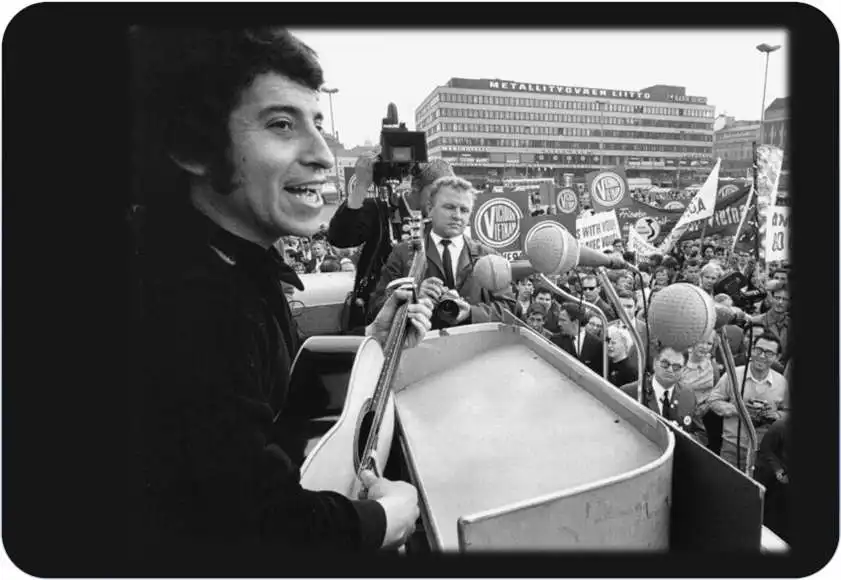


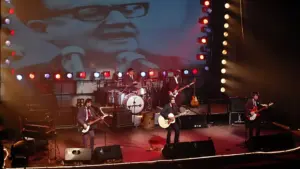
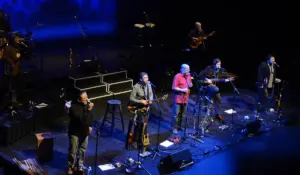
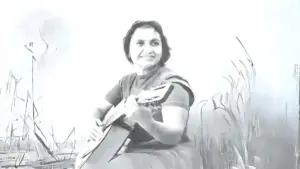
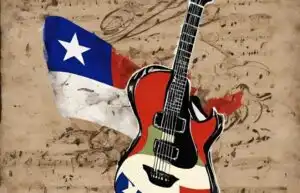
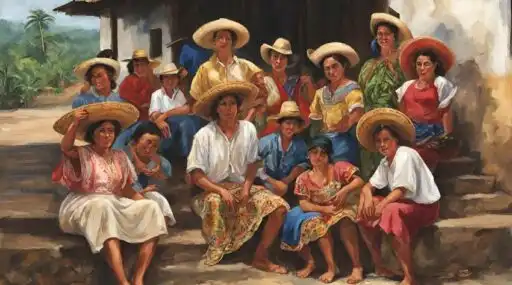





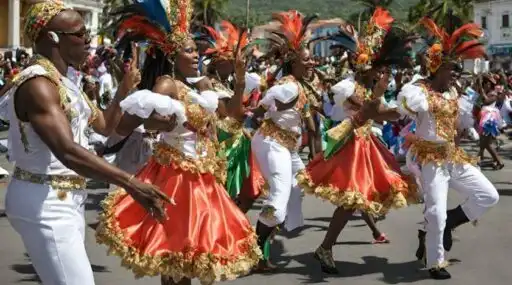

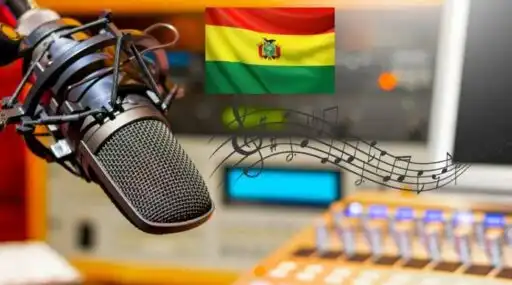
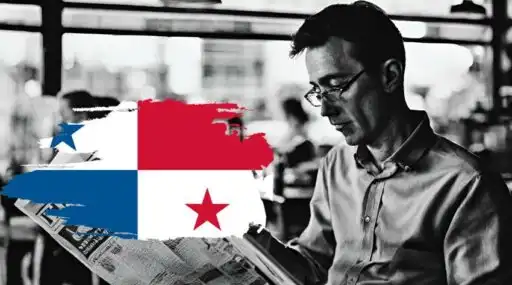





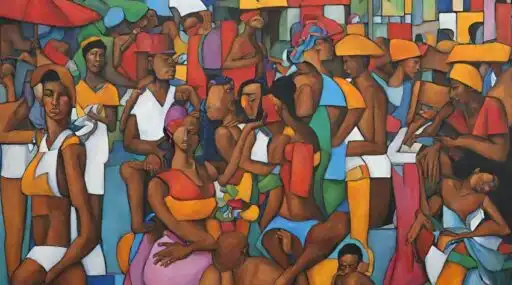

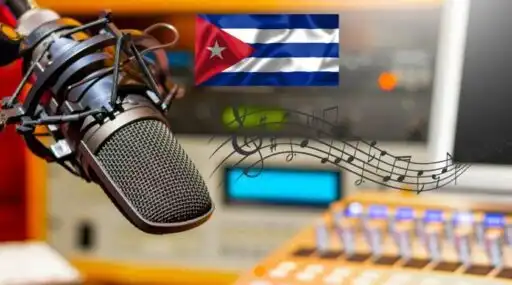
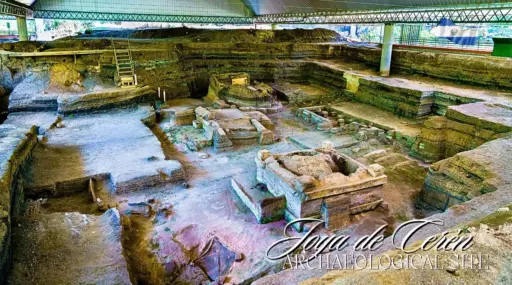
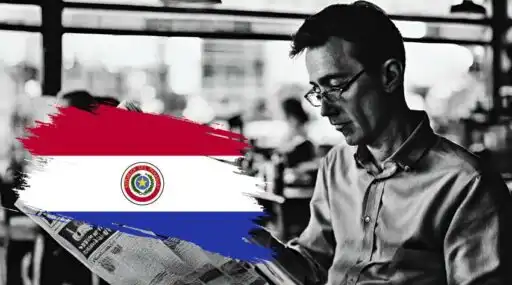
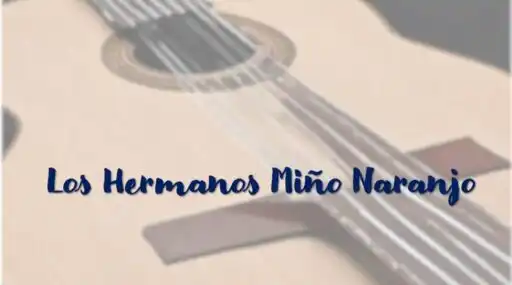

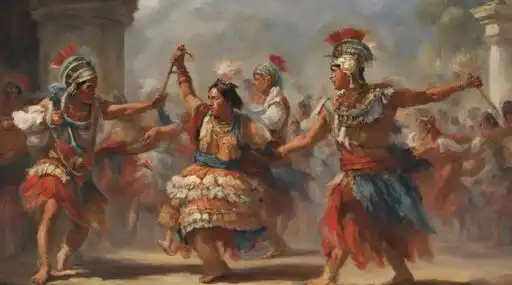
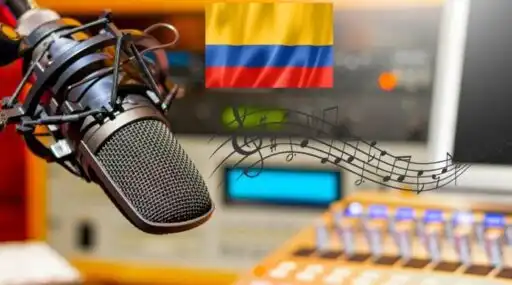

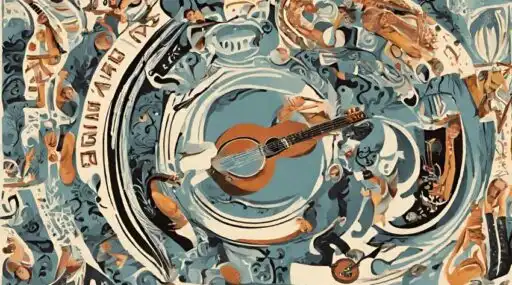

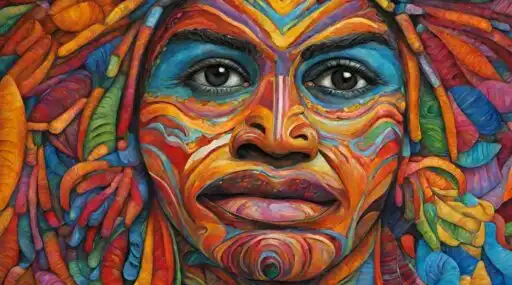
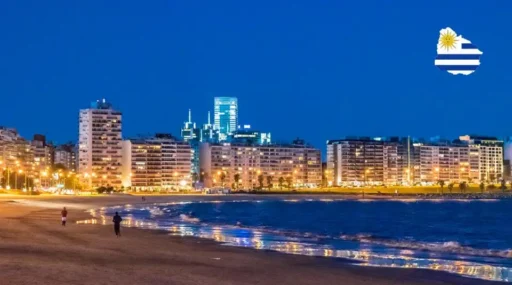

Leave a Reply